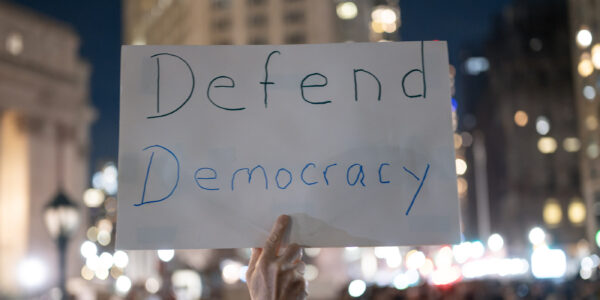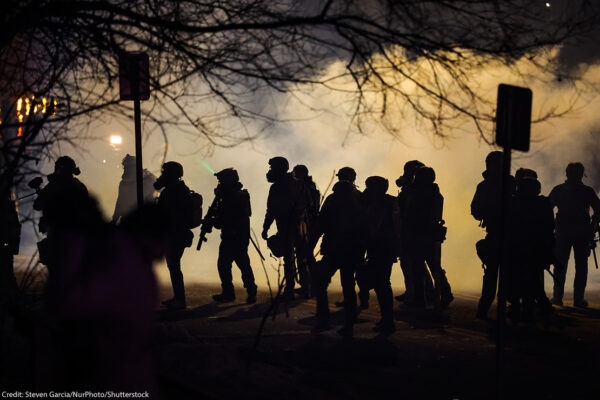
How many people were executed in the United States in 2012?
An extension to which law did President Obama sign this week in order to continue President Bush’s warrantless wiretapping program for another five years?
In which city did a district attorney agree to withdraw subpoenas that infringed on two protestors’ free speech and privacy rights?
What federal immigration policy prevents immigrants from reporting crimes they have witnessed or experienced to law enforcement?
True or false? The support of African-Americans and other minorities is essential to the success of the LGBT movement.
Lives Lost in 2012: Who Did We Kill?
At the end of the year many news outlets review a year’s worth of obituaries, usually the passing of the famous. Neil Armstrong. Sally Ride. Whitney Houston. Dave Brubeck. Joe Paterno, a reminder that people’s lives are complicated, and we don’t really know the famous as we believe we do. Less remarked on are the people we killed: those executed under the laws of some of these United States. There were 43 executions in the U. S. in 2012.
Warrantless Wiretapping Wins Again
It’s official. The Senate voted 72-23 last week to extend the FISA Amendments Act another five years, which President Obama signed Sunday. Unfortunately, the public discussion of George W. Bush’s warrantless wiretapping program may soon fade back into the shadows.
Twitter Subpoenas Chill Free Speech; Latest Example is in San Francisco
Good news: the San Francisco DA agreed to withdraw recently issued subpoenas to Twitter for tweets by two political protesters after the ACLU and Electronic Frontier Foundation filed a brief explaining that the subpoenas are woefully overbroad and violate the First and Fourth amendments. Government surveillance of what we say—even when we say it in a public setting like Twitter but then decide to delete it—can have a chilling effect on speech.
The Consequences and Costs of a 287(g) Jail Agreement: One Tennessee County’s Story
When a significant portion of the population feels uncomfortable reporting crimes they have witnessed or experienced, it poses a public-safety threat for all residents. This is especially ironic given the 287(g) program’s stated goal of responding to “immigration violators who pose a threat to national security or public safety.” A new report “Consequences & Costs: Lessons Learned from Davidson County Tennessee’s Jail Model 287(g) Program” released by the ACLU of Tennessee documents the erosion of public trust in law enforcement, and the consequent deterioration of public safety, caused by 287(g).
African Americans Are Key to the Success of the LGBT Movement
Going forward, at the federal level and in the states, support from the African-American community and black legislators for LGBT people remains essential, as is also true for the Latino and Asian/Pacific-American communities. Some of the progress made would not have happened had the NAACP and civil rights icons like Rep. John Lewis (D-Ga.), Julian Bond and Rev. Al Sharpton not made the freedom to marry for same-sex couples a priority.
This is your week in civil liberties. Let us know if this is useful or if you'd like to see changes. Share your thoughts: ideas@aclu.org.
Learn more about your rights: Sign up for breaking news alerts, follow us on Twitter, and like us on Facebook.


